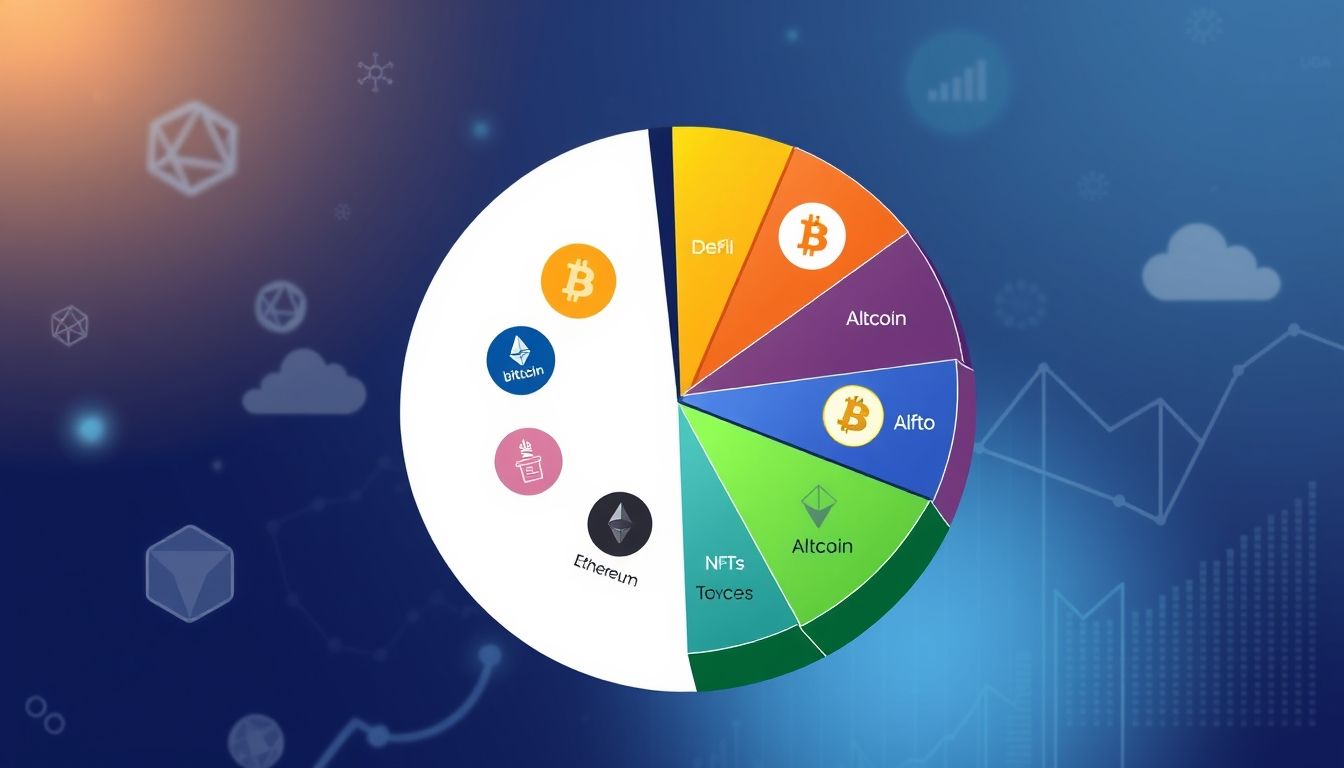Introduction: Risks and Opportunities in the Crypto World
Cryptocurrencies have experienced tremendous growth in recent years, attracting investors from all backgrounds. However, this rapid growth has been accompanied by a corresponding increase in scams. It's essential to be aware of the potential risks and how to protect yourself.
Chapter 1: Understanding the Nature of Crypto Scams
Crypto scams come in many forms, but they all share a common goal: to steal your money. Some common types include:
- Ponzi Schemes: Promises of unrealistically high returns to attract new investors, with returns being paid from the funds of new investors rather than actual profits.
- Phishing Scams: Emails or text messages that appear to be from trusted sources, requesting personal information or passwords.
- Pump and Dumps: Artificially promoting a cryptocurrency to drive up its price, then selling it for profit before the price crashes, leaving other investors with significant losses.
- Fraudulent Initial Coin Offerings (ICOs): Fake projects that raise money from investors with no real intention of developing the promised product or service.
Example: In 2017, numerous fraudulent ICO projects emerged, raising millions of dollars before simply disappearing, leaving investors with nothing.
Chapter 2: Warning Signs: How to Spot a Potential Scam
There are several signs that an investment project or offer may be fraudulent:
- Guaranteed or Unrealistically High Returns: If it sounds too good to be true, it probably is.
- Pressure to Make a Quick Decision: Scammers often try to pressure you into making an immediate decision before you have time to research.
- Vague or Incomplete Information: If it's difficult to find information about the project or the team behind it, this could be a warning sign.
- Promises of Getting Rich Quick: Be wary of anyone who promises you'll get rich quickly or make significant profits easily.
Chapter 3: Research and Analysis: The Foundation of Safe Investing
Before investing your money in any cryptocurrency or project, it's crucial to conduct thorough research:
- Check the Team: Look for information about the team members, their experience, and their reputation.
- Read the Whitepaper: The whitepaper is a technical document that outlines the project's goals and technology. Make sure you understand the whitepaper and that it's realistic.
- Check for Partnerships: Does the project have partnerships with reputable companies or organizations?
- Look for Reviews: Read reviews and comments from independent sources.
Example: Before investing in any cryptocurrency, visit websites like CoinMarketCap and CoinGecko for information on trading volume, market capitalization, and history.
Chapter 4: Securing Your Wallet: Protecting Your Digital Assets
Protecting your digital wallet is crucial to prevent unauthorized access and theft of your funds:
- Use Hardware Wallets: Hardware wallets are one of the safest ways to store cryptocurrencies because they keep your private keys offline.
- Enable Two-Factor Authentication (2FA): Two-factor authentication adds an extra layer of security to your accounts.
- Use Strong and Unique Passwords: Don't use the same password for multiple accounts.
- Be Wary of Phishing Scams: Don't click on suspicious links or provide personal information via email or text message.
Chapter 5: Beware of Pump and Dumps: Avoid Falling into the Trap
Pump and dump schemes are fraudulent operations that aim to artificially inflate the price of a cryptocurrency and then sell it for profit before the price collapses. To avoid becoming a victim of these schemes:
- Be Wary of Unsolicited Advice: Don't trust anyone who gives you unsolicited investment advice, especially if they promise you quick profits.
- Research the Cryptocurrency Yourself: Before investing in any cryptocurrency, conduct thorough research and understand the technology behind it.
- Don't Invest More Than You Can Afford to Lose: Investing in cryptocurrencies is risky, so don't invest more than you can afford to lose.
Chapter 6: Understanding Initial Coin Offerings (ICOs): Assessing the Risks
Initial Coin Offerings (ICOs) can be a way to raise funds for new projects, but they also carry significant risks. To assess the risks associated with an ICO:
- Check the Whitepaper: Make sure the whitepaper is clear, detailed, and realistic.
- Research the Team: Make sure the team has the appropriate experience and reputation to execute the project.
- Check for Partnerships: Does the project have partnerships with reputable companies or organizations?
- Be Wary of Overpromising: If the project promises unrealistically high profits, be cautious.
Chapter 7: Staying Informed: Reliable Sources of Information
Staying up-to-date on the latest developments in the crypto world is essential to avoid scams. Use reliable sources of information such as:
- Specialized News Sites: Sites like CoinDesk and CoinTelegraph.
- Blogs and Educational Websites: Look for blogs and educational websites that provide accurate and reliable information.
- Online Communities: Participate in online communities like Reddit and Telegram, but be wary of misinformation.
Chapter 8: Reporting Scams: Protecting Yourself and Others
If you believe you've been a victim of a scam, it's important to report it to the appropriate authorities. You can report scams to:
- The Securities and Exchange Commission (SEC): If the scam involves securities.
- The Federal Trade Commission (FTC): If the scam involves consumers.
- The Department of Justice's Cybercrime Unit: If the scam involves cybercrime.
Chapter 9: Additional Tips: Enhancing Your Protection
- Be Skeptical: Don't trust anyone who gives you unsolicited investment advice.
- Don't Invest More Than You Can Afford to Lose: Investing in cryptocurrencies is risky, so don't invest more than you can afford to lose.
- Review Your Investments Regularly: Review your investments regularly to make sure they're still appropriate for your investment goals.
- Never Share Your Private Keys with Anyone: Your private keys are the keys to your digital wallet, so never share them with anyone.
Chapter 10: Conclusion: Investing with Caution and Awareness
The crypto world is full of opportunities, but it's also full of risks. By understanding the nature of common scams, taking the necessary precautions, and staying informed, you can protect your investments and avoid becoming a victim of scammers.
Disclaimer: This article is for informational purposes only and does not constitute financial advice. Consult with a qualified financial advisor before making any investment decisions.




